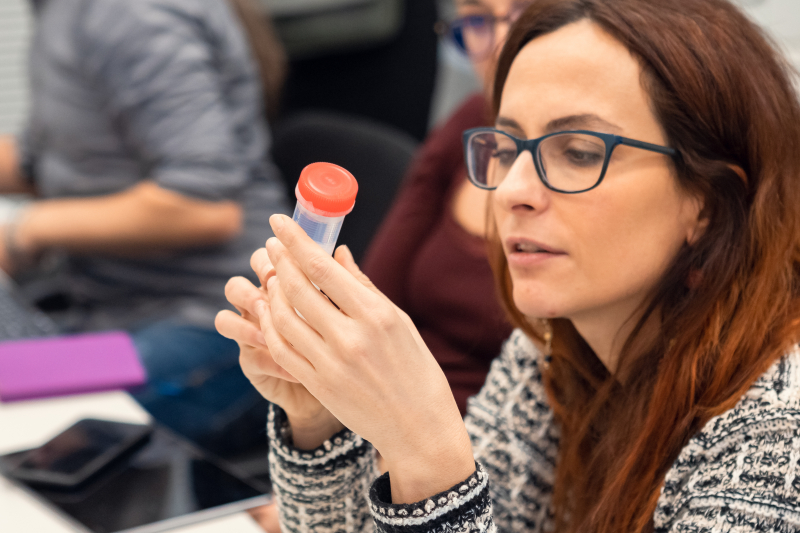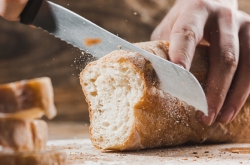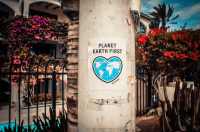Wastebake is a biotechnological project designed for two years and bringing together researchers and representatives of the industry, such as Italian bakery company Valle Fiorita, Russian producer and distributor of food ingredients Iceberg, and Finnish company Koivulan Leipomo Oy. The fact that it’s not only researchers who participate in Wastebake but representatives of businesses as well is what makes this project so special, as such an approach allows to both explore the ways how bakery waste can be recycled, and take the interests of the industry into account and implement the results of the project in their work.
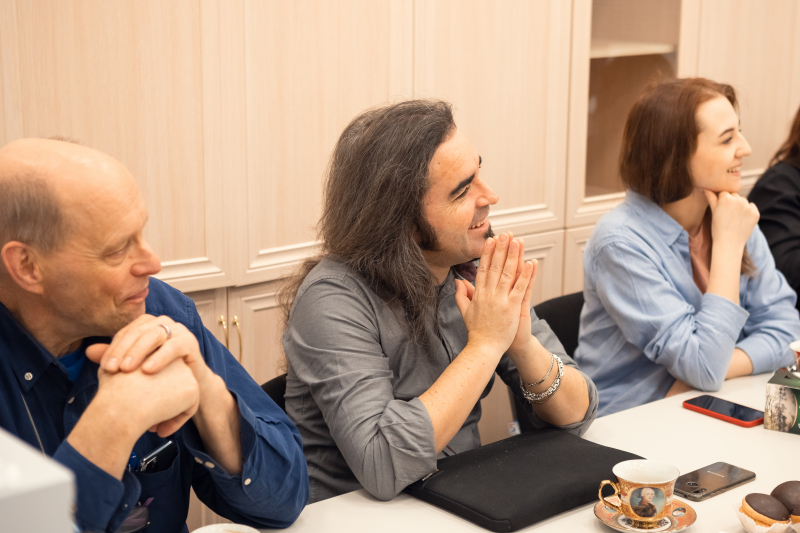
Why is this so important?
These days, a significant portion of produced bread in our countries is used as feed for farm animals or discarded as waste. However, this is not only economically unviable but even dangerous. The thing is that to produce bread, we use certain resources, and when we produce more than we can sell, the leftovers go to the landfill, thus polluting the environment with organic compounds.
“In my opinion, the problem that the Wastebake is attempting to solve is a very topical one for each of our countries. Each country has its own issues concerning bakery waste management, but the fact remains that there is bakery waste, and it is harmful both economically and environmentally. I think that this problem can only be solved together by researchers and representatives of the industry, and this is why it’s so crucially important to start this dialog with them. I’m genuinely impressed with the results that we’ve managed to achieve so far and enthusiastic about the prospects for this project,” shares Mikko Immonen from the University of Helsinki.
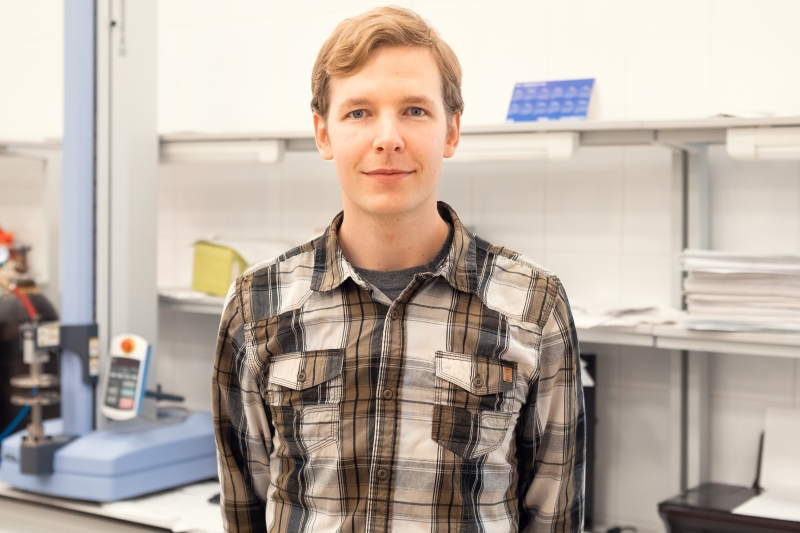
Results
The laboratories of the three universities divided research tasks between them. ITMO University specialists were supposed to create a stable and relatively inexpensive technology for producing syrup from bakery waste using immobilized forms of enzymes. The task of the University of Helsinki and the Finnish industrial partner was to develop a technology for the production of leaven enriched in probiotics, exopolysaccharides and other bioactive compounds. The Italian university, in its turn, was tasked with the development of microbiological processes for the production of gamma-aminobutyric acid from a nutrient medium based on syrups from bakery waste.
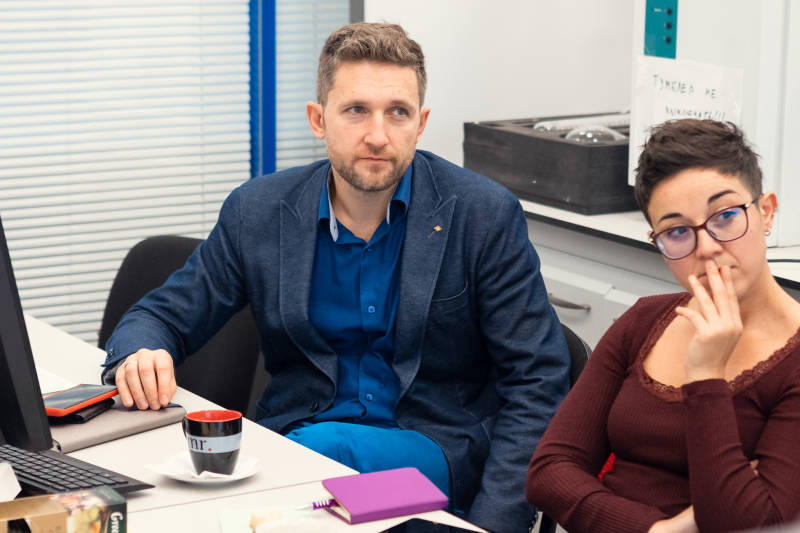
“Our colleagues had to produce gamma-aminobutyric acid and exopolysaccharides based on our syrups, but some additional effects were discovered as well, as they also obtained propionic acid and found out that probiotic cultures can be produced in these syrups. Another important discovery was that the use of syrups obtained from bakery waste can make bread more stable and resistant to mold. In the future, this will allow to partially replace artificial additives with natural ones,” says Denis Baranenko, the head of ITMO University’s International Research Center “Biotechnologies of the Third Millennium”.
The researchers have discussed the results obtained by each group. They say that they see a lot of prospects for future collaboration.
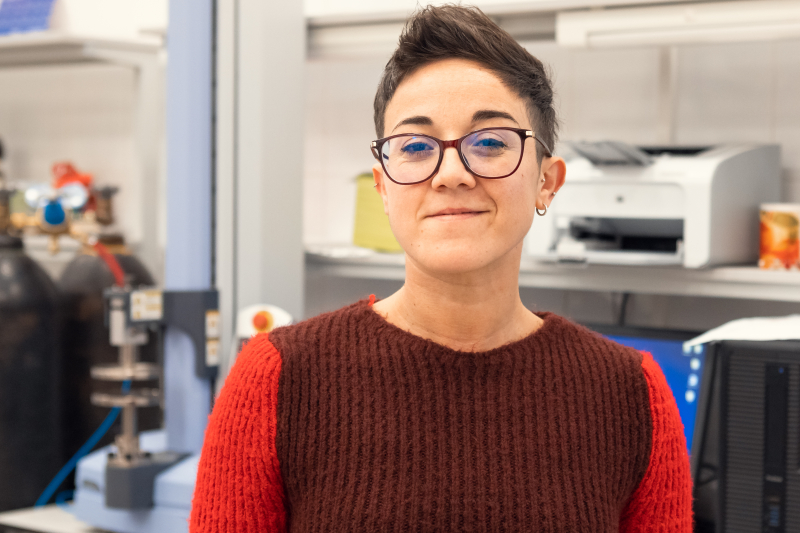
“For our business, bread crusts and leftovers pose a great challenge. However, being part of this project, we hope to eventually find a way to reduce the amount of waste and learn how to reuse it. I really like the fact that researchers from different countries are working on this problem together and taking our needs into account. I believe that this collaboration between universities and businesses is a vivid example of how cooperation should be organized to solve key problems in certain industries,” shares Luana Nionelli, a representative of the Italian bakery Valle Fiorita.
